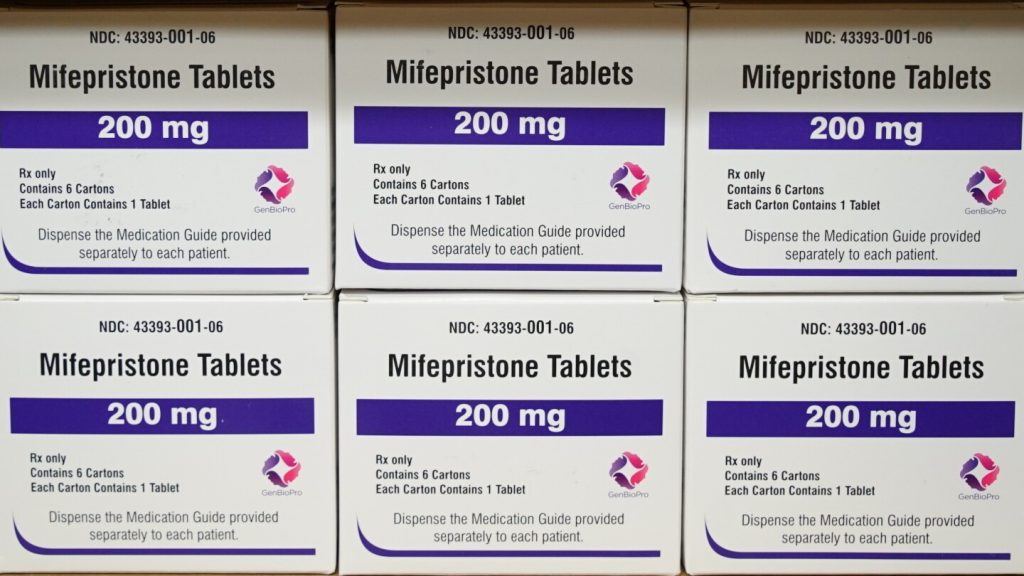The Supreme Court’s ruling on technical grounds Thursday allows the abortion pill mifepristone to remain available in the U.S. for now. However, it is not the final decision on the matter, as abortion opponents continue to seek ways to deny access to women nationwide. Some state attorneys general have indicated they will continue to press the issue, despite not providing clear plans on how to do so. The unanimous opinion stated that the anti-abortion doctors who brought the lawsuit failed to demonstrate harm when others use the drug, leaving room for potential future challenges by different plaintiffs.
Justice Brett Kavanaugh’s opinion provides a roadmap for individuals with concerns about mifepristone and abortions, suggesting that they take their concerns to the Executive and Legislative Branches to seek greater restrictions on certain activities. This approach might be more successful under a Republican administration than a Democratic one, depending on the outcome of the upcoming presidential election. The Alliance for Hippocratic Medicine filed the lawsuit against the FDA in 2022 following the Supreme Court’s decision to overturn Roe v. Wade, resulting in the end of the nationwide right to abortion. The group sought a ruling to invalidate the FDA’s approval and accessibility of mifepristone nationwide.
Despite some Democratic-controlled states stockpiling abortion pills out of fear of potential bans or restrictions, mifepristone continues to be a significant component of medication abortions. A survey found that nearly two-thirds of abortions in the U.S. involved such pills before Roe v. Wade was overturned. Providers in certain states are utilizing telehealth appointments to prescribe and mail the medication to women facing bans or restrictions. The underground networks also play a role in distributing the pills. Although some Republican states attempted to intervene in the lawsuit, their involvement was denied by the Supreme Court, but they remain committed to challenging the accessibility of mifepristone.
The ruling by the Supreme Court did not address the possibility of using the Comstock Act to restrict the shipment of abortion pills across state lines, a tactic favored by some conservatives. The Biden administration interprets the act differently, but a new administration could change this stance. Additionally, a Republican-led Health and Human Services department could alter the FDA’s approval of mifepristone. Another potential strategy for opponents of abortion could involve challenging the shield laws that protect healthcare providers in certain states when prescribing medication to patients in states with abortion bans.
Despite the temporary reprieve provided by the Supreme Court’s decision, some individuals, like Jillian Phillips, who used mifepristone to pass the remains of a pregnancy during a miscarriage, are concerned about the implications of the ruling. They fear that the decision could embolden abortion opponents to impose further barriers and restrictions on reproductive rights. The ongoing legal battles and potential future challenges indicate that the debate over mifepristone and abortion access in the U.S. is far from over.


